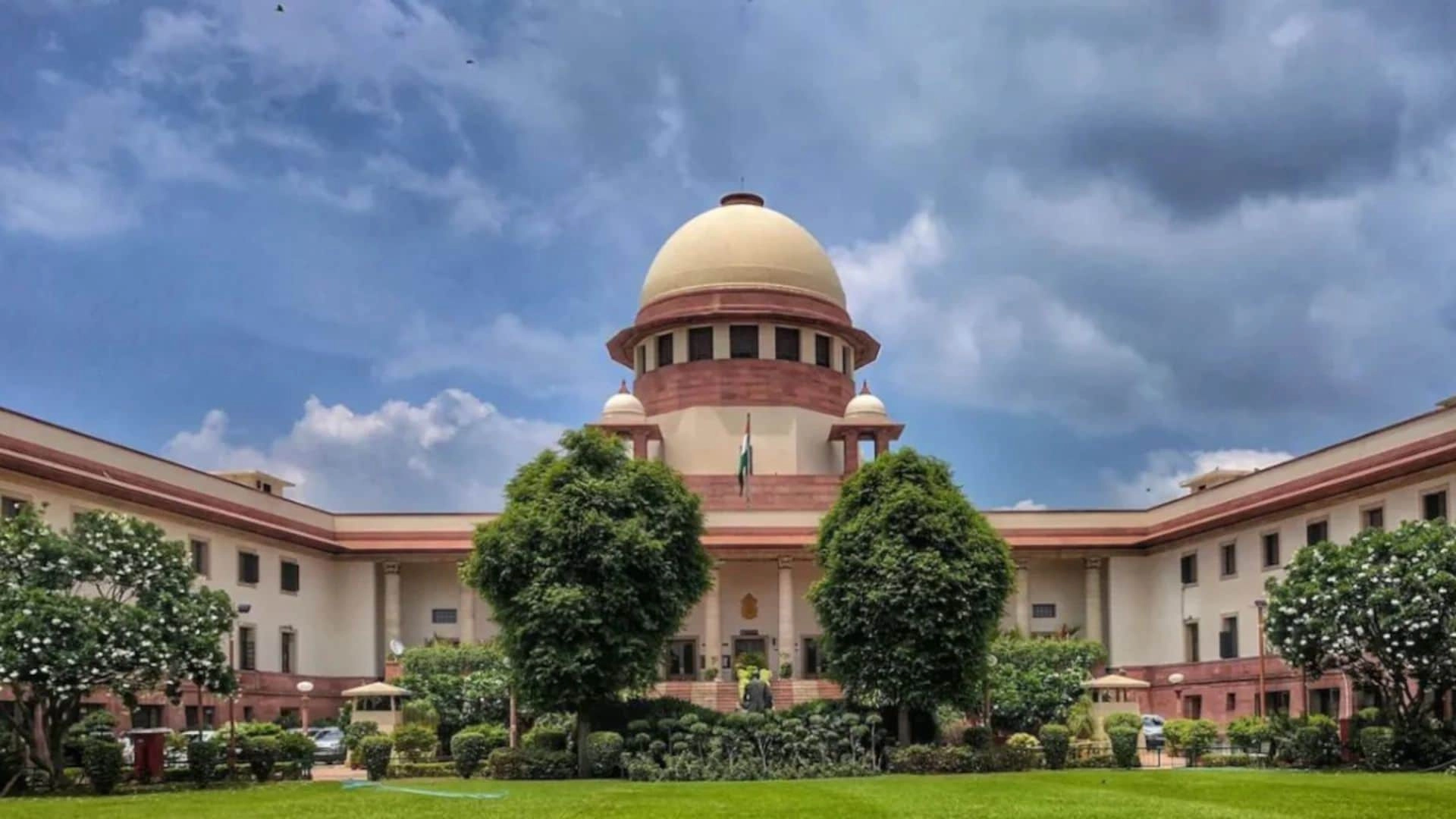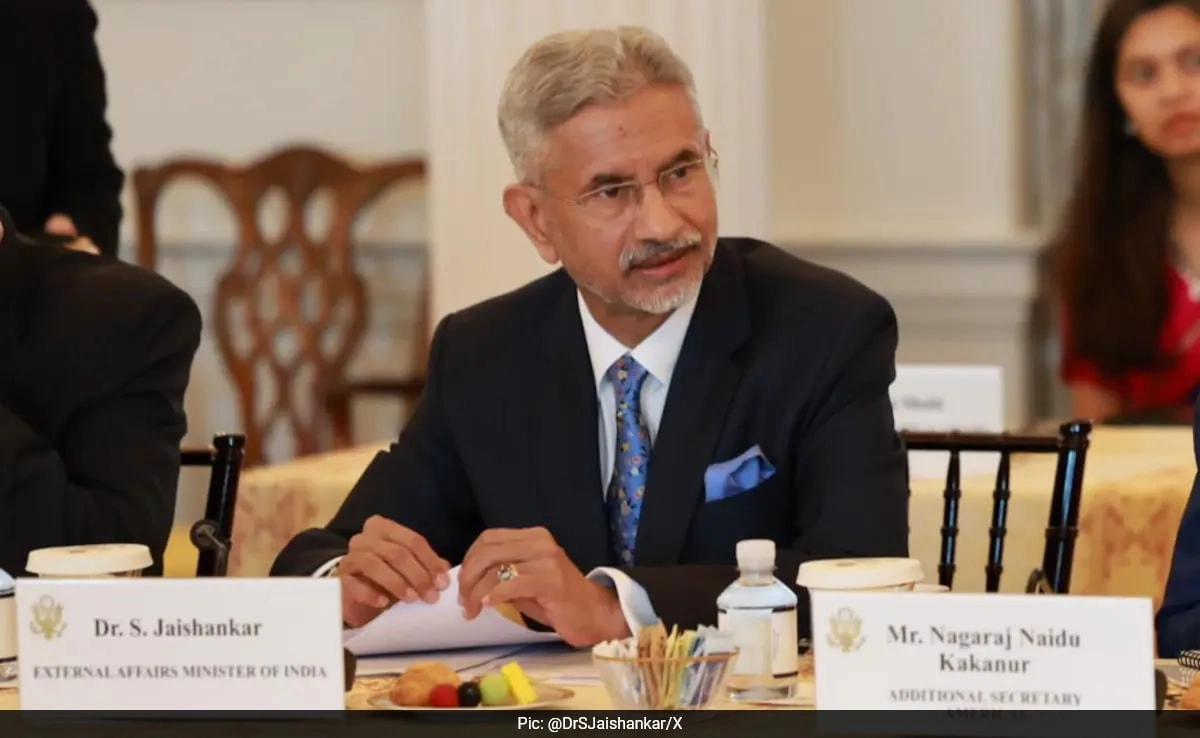In a recent ruling, the Supreme Court has addressed the contentious issue of closing down slaughterhouses, particularly in relation to the rights of the Jain community in India. The court’s decision has sparked a significant debate about the balance between religious beliefs and animal rights, raising important questions about where the line should be drawn in a diverse society that embraces various cultural practices. The Jain community, known for its strict adherence to non-violence and vegetarianism, has long advocated for the closure of slaughterhouses, arguing that such establishments are contrary to their fundamental beliefs, which emphasize compassion towards all living beings.
The Supreme Court’s inquiry into this matter reflects a broader societal concern regarding the treatment of animals and the ethical implications of meat consumption. While the Jain perspective emphasizes the sanctity of life, opponents of a blanket closure on slaughterhouses argue for the rights of other communities that rely on animal husbandry for their livelihood. This intersection of rights and beliefs presents a complex legal and moral dilemma. The court’s role is not only to interpret the law but also to navigate the sensitivities involved in a multicultural framework, ensuring that all voices are heard and that justice is administered fairly.
Moreover, this ruling could set a precedent for future cases involving religious practices and animal rights. It raises critical issues about how laws can reflect the pluralistic nature of Indian society while also addressing the rights of minority communities. As the debate continues, stakeholders from various sectors, including animal rights activists, religious organizations, and the agricultural community, are likely to engage in discussions to find a middle ground. The court’s decision will undoubtedly influence public opinion and legislative action, prompting a reevaluation of how society views the intersection of faith, ethics, and commerce in relation to the treatment of animals.
In conclusion, the Supreme Court’s engagement with the issue of slaughterhouse closures highlights the complexities of balancing religious freedoms with animal rights. As the dialogue unfolds, it is essential for society to seek a collaborative approach that respects cultural diversity while addressing ethical concerns. The outcomes of this legal battle will resonate beyond the courtroom, shaping the future of animal rights legislation and the societal norms surrounding dietary practices in India.




